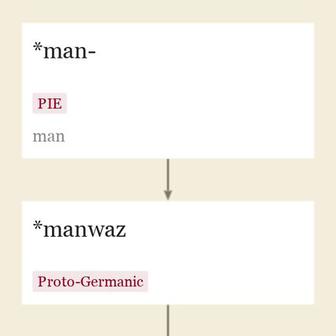statesman n.
1590s, after French homme d'état; see state (n.1) + man (n.). Related: Statesmanly; statesmanship. Stateswoman attested from c. 1600.
Entries linking to statesman
c. 1200, "
The Latin word was adopted into other modern Germanic languages (German, Dutch staat) but chiefly in the political senses only. Meaning "
He [the President] shall from time to time give to the Congress Information of the State of the Union, and recommend to their Consideration such Measures as he shall judge necessary and expedient. [U.S. Constitution, Article II, Section iii]

"
Sometimes connected to root *men- (1) "
Specific sense of "
Man also was in Old English as an indefinite pronoun, "
As "
Man-about-town "
So I am as he that seythe, 'Come hyddr John, my man.' [1473]
MANTRAP, a woman's commodity. [Grose, "Dictionary of the Vulgar Tongue," London, 1785]
At the kinges court, my brother, Ech man for himself. [Chaucer, "Knight's Tale," c. 1386]
1580s, "
The notion of enlightened, disinterested, and high-minded service to the state goes with statesman (Century Dictionary notes that "
updated on October 14, 2021